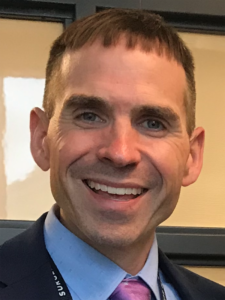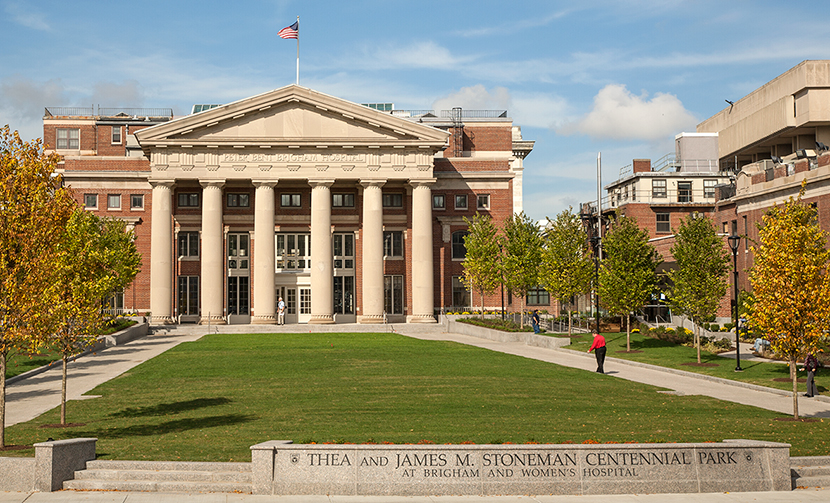
Matthew A. Nehs, MD
Vice Chair for Faculty Development, Department of Surgery, Brigham and Women’s Hospital
Co-Program Director, Harvard Combined Endocrine Surgery Fellowship
Associate Program Director, General Surgery Residency
Surgical Director, BWH Adrenal Center
Associate Professor of Surgery, Harvard Medical School
Dr. Nehs is an endocrine surgeon at Brigham and Women’s Hospital and an associate professor of surgery at Harvard Medical School. He was born and raised in Traverse City, MI and graduated from Hope College. He graduated from the University of Michigan Medical School in 2006 and then moved to Boston after matching at Brigham and Women’s Hospital for general surgery residency training. In the middle of residency, he did a two-year lab fellowship at Massachusetts General Hospital studying targeted therapy against the BRAF oncogene in anaplastic thyroid cancer. He completed an endocrine surgery fellowship at the Brigham before joining the faculty in 2014.
Dr. Nehs’ clinical and scientific interests converge at the intersection of where endocrine tumors, metabolic dysfunction, nutrition and lifestyle all interact. He treats mostly disorders of the thyroid, parathyroid, and adrenal glands, and has an interest in the ways that these tumors promote downstream clinical sequelae like hypertension, insulin resistance, fatty liver, obesity and sleep disturbances. He has served as the co-program director of the Harvard Combined Endocrine Surgery Fellowship since its formation and integration in 2018, and he also serves as the associate program director for the General Surgery Residency at the Brigham. In these roles, Dr. Nehs has prioritized resident and fellow mentorship and maturation to guide trainees in their path toward independent practice. He helped form two multidisciplinary clinics for thyroid and adrenal disorders that have improved patient access, care coordination and interdepartmental collaboration.
In this new role, Dr. Nehs hopes to engage with our faculty in order to better understand how we can overcome the challenges inherent in practice building and academic productivity, all while balancing our responsibility to our families and loved ones. He hopes to build on our long history and tradition of clinical excellence, innovation, collegiality and mutual shared respect among our faculty at the Brigham.
